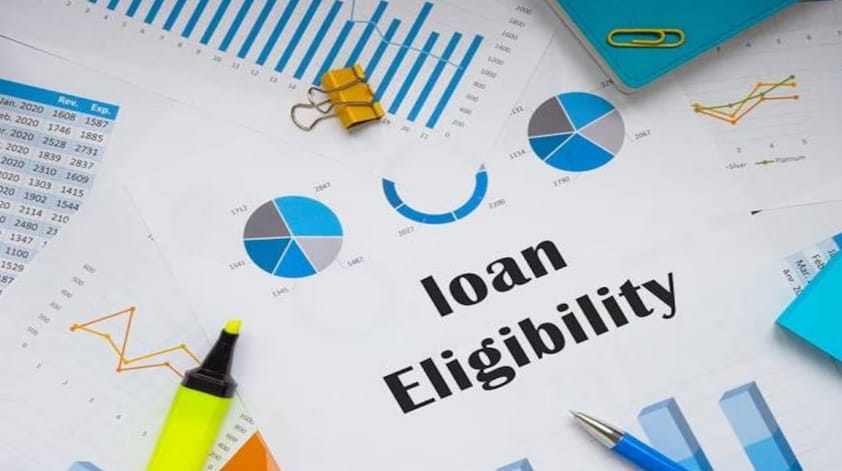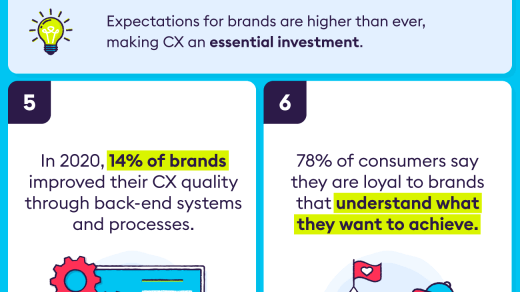
A Quick Personal Loan can be a helpful financial tool for various purposes, such as covering medical expenses, consolidating debts, or pursuing home renovations.
However, your existing loans can influence your eligibility for a Personal Loan and the interest rate you receive.
In this article, we will delve into the impact of existing loans on your Personal Loan eligibility and explore strategies to improve your chances of securing a competitive Personal Loan interest rate.
Understanding Personal Loan Eligibility
Personal Loan eligibility is determined by various factors that financial institutions assess to evaluate your creditworthiness and ability to repay the loan.
These factors include your credit score, income, employment history, and financial commitments, such as other loans and credit card debts.
Existing Loans and Personal Loan Eligibility
- Credit Score
Your credit score is crucial in determining Personal Loan eligibility. If you have existing loans and manage them responsibly by making on-time payments, it can positively impact your credit score.
Conversely, missing payments or defaulting on existing loans can lower your credit score, making qualifying for an instant personal loan online more challenging.
- Debt-to-Income Ratio (DTI)
Financial institutions often calculate your Debt-to-Income Ratio to assess your ability to handle additional debt. DTI is the percentage of your monthly income used to repay debts.
If you have substantial existing loan payments, your DTI may be high, negatively affecting your Personal Loan eligibility. Financial institutions prefer applicants with a lower DTI, indicating a lower financial burden.
- Loan Repayment History
Your track record in repaying existing loans matters. Consistently making payments on time and in full demonstrates responsible financial behaviour.
On the other hand, a history of late payments, defaults, or missed payments can raise concerns for financial institutions.
How Existing Loans Impact Personal Loan Interest Rates
Existing loans can significantly impact the interest rates of Personal Loans, affecting the borrower’s financial situation.
Financial institutions evaluate borrowers’ creditworthiness by examining their debt obligations, considering their debt-to-income ratio and repayment history.
High outstanding debts can indicate financial stress, leading financial institutions to offer Personal Loans at higher interest rates to reduce risk. Conversely, a positive existing credit profile, with timely payments and manageable debts, can lead to lower Personal Loan rates, demonstrating reliability.
The collective influence of existing loans on Personal Loan interest rates highlights the interconnected nature of financial health and lending terms.
Borrowers should manage their current debts strategically to improve their creditworthiness and obtain more favourable terms when seeking additional financing.
This emphasises the dynamic relationship between existing financial commitments and the cost of obtaining new credit.
Strategies to Improve Personal Loan Eligibility
If you have existing loans and wish to improve your Personal Loan eligibility and secure a competitive interest rate, consider the following strategies:
- Monitor Your Credit Score
Regularly check your credit score and report for accuracy. Address any errors or discrepancies promptly. You can access your credit report for free from credit reporting agencies.
- Make Timely Payments
Ensure that you make all payments on your existing loans promptly and in full. Consistent on-time payments demonstrate responsible financial behaviour and can boost your credit score.
- Reduce Debt
If possible, work on reducing your existing debt. Paying down credit card balances or other loans can lower your DTI and improve your Personal Loan eligibility.
- Shop Around
Compare Personal Loan offers from multiple financial institutions to find the most competitive rates. Each financial institution may have different criteria and pricing, so exploring your options can be advantageous.
- Consider a Co-Signer
If your credit score or DTI is a concern, you may consider applying for a Personal Loan with a co-signer with a stronger financial profile. A co-signer can enhance your eligibility and potentially secure a better interest rate.
- Discuss with Your Current Financial Institutions
If you have a good relationship with your existing financial institutions, you can discuss the possibility of loan consolidation or restructuring to lower your monthly payments and improve your DTI.
Existing loans play a pivotal role in determining both your eligibility for a quick Personal Loan and the interest rate you are offered.
Responsible management of these loans through timely payments, debt reduction, and a positive credit history is essential. Financial institutions assess eligibility based on credit score, debt-to-income ratio (DTI), and loan repayment history.
The Last Words
To increase your chances of securing a competitive Personal Loan interest rate, swiftly monitor and enhance your financial standing.
This involves paying down debts, practising responsible credit management, and exploring diverse loan options from various financial institutions. Implementing these measures improves your quick Personal Loan eligibility and ensures access to the funds necessary for achieving your financial objectives.



Recent Comments